By Katy Harvey, MS, RD, LD, CEDRD
Eating Disorders Expert
If you are going to recover from an eating disorder, you must be willing to accept your body at it’s natural size. This won’t be easy in the “diet culture” that we live in. Notice the countless ways that we are told that if we don’t like our body we can (and should) change it:
The article below that’s allegedly “based on science”…yet what the science actually tells us is that 95-97% of people who lose weight will regain it – and often plus some (1,2,3). Not to mention that rapid weight loss is dangerous and unhealthy (4,5). Funny how they don’t tell you that in the headline about losing weight fast, huh?
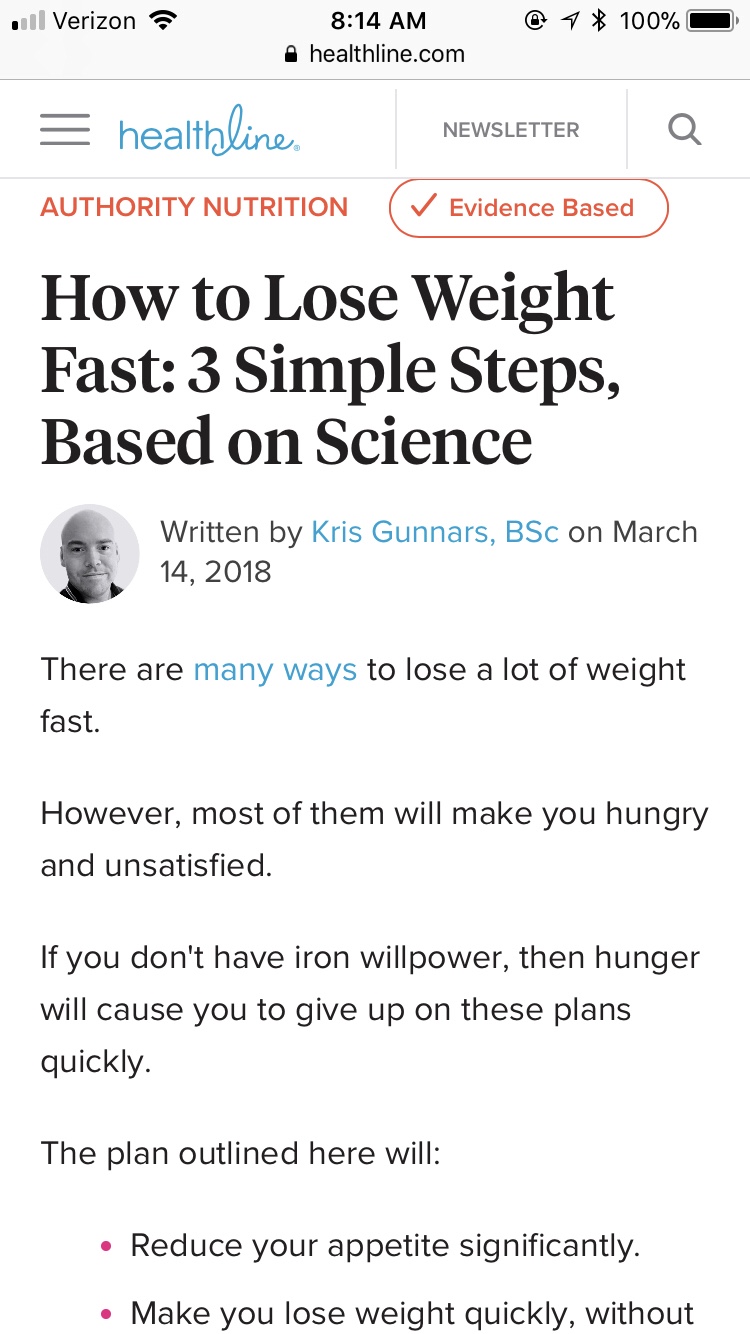
Source: https://www.healthline.com/nutrition/how-to-lose-weight-as-fast-as-possible
Or this lovely ad about how “easy” weight loss is. What I find particularly disturbing is the image of the fat vs thin woman, implying fat = bad and thin = good. And that we should all be thin, because after all, it’s “easy,” right?
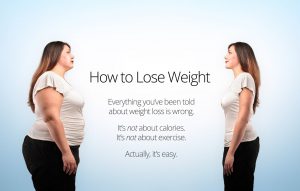
Source: https://www.dietdoctor.com/how-to-lose-weight
Source: https://www.dietdoctor.com/how-to-lose-weight
How about this meme from Pinterest that implies that if you feel like crap then it’s your own fault for making “unhealthy” choices. Therefore, if you just stop you will change your body and become happy.
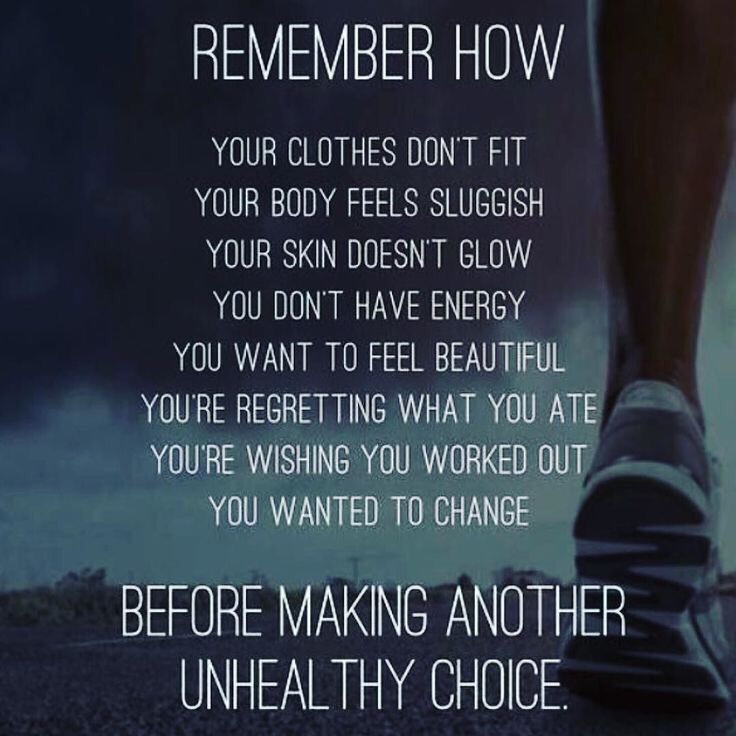
Source: https://www.pinterest.com/pin/191614159125904795/?lp=true
Why would we accept our bodies when we are told that we can’t and shouldn’t unless we alter them to fit society’s standards? The eating disorder thrives on this.
Acceptance may not mean what you think it does
Most people assume that acceptance means liking your body. And understandably, they have little hope that this is possible. However, acceptance doesn’t necessarily mean that you love the way your body looks or that you like the number you see on the scale. If you do, great; but if not, that’s ok too.
We can accept things we don’t necessarily like. For example, my dog often stands outside and barks at squirrels. It drives me nuts, but I accept that it is part of who she is, and can even find it to be amusing at times (because let’s face it, she’s never going to actually catch a squirrel – and she wouldn’t know what to do with it if she did!).
5 important things for you to acknowledge and accept
Eating disorders professionals are frequently using a philosophy called “Health At Every Size” (HAES) to help people recover. It is based on the idea that we can help people be healthier – physically, mentally, socially – if we take the focus off weight and instead focus on compassionate self-care and respect for body diversity in size and shape.
Here are 5 things to acknowledge and accept:
- The fashion, beauty, health, diet and fitness industries profit billions of dollars every year off telling you that you need to change your body.
- The eating disorder uses these messages against you as a way to protect itself.
- Your body already knows what weight it needs to be in order to be healthy.
- True health is a complex interplay of your body’s physical functioning, mental health, and social well-being. (definition from the World Health Organization)
- All bodies deserve love, kindness and respect. Regardless of their size or shape.
When we take care of ourselves all-around, we will be healthy. That’s not to say we won’t ever have health issues. However, the key is to treat the underlying issue and not to focus on weight loss as a cure. There is plenty of research that shows dieting – even under the guise of “health” – actually causes more harm than good. Sadly, most doctors don’t even realize this.
Even with all of the research that counters the cultural beliefs about health and weight, this information is still not well-known. As you are empowered with more information, you can use it to help you heal from your eating disorder.
Tips for beginning to accept your body
- Make peace: As said by Dr. Beth McGilley in this podcast interview, “Call a truce with your body.” Stop tearing it apart. Choose to treat it with respect, even if you don’t have positive feelings towards it yet. You will feel better when you treat yourself kindly, rather than tearing yourself down.
- Rethink your wardrobe: Wear clothes that fit you at your current size. And choose clothing you actually like. One client told me this was a real game changer for her, even though she still has a hard time accepting her weight sometimes.
- Go deep: As I’ve explained in a previous blog post– you’ve got to eventually get beneath the surface to understand the reasons you feel inadequate in the first place. This is where a skilled therapist comes in. Eating disorders and body image issues are the symptom, not the problem. What this means is that we don’t need to “fix” your body image – we need to understand why you feel that way and where these shameful thoughts are coming from.
- Defuse: Thought defusion is also a very helpful technique from Acceptance and Commitment Therapy (ACT). Notice when you are having negative body image thoughts, without attaching to the thought or judging it. A thought is just a thought, and it will pass. Here’s a helpful video on defusion.
Katy is a dietitian from Kansas City in outpatient private practice specializing in treating eating disorders and body image issues. A teacher at heart, she also loves writing and speaking. To receive Katy’s #1 free ebook, click here.
Sources:
- Garner DM, Wooley S. Confronting the failure of behavioral and dietary treatments for obesity. Clinical Psychology Review, 1991; 11:729-780.
- Mann T, et al. (2007). Medicare’s search for effective obesity treatments: Diets are not the answer. American Psychologist, 62(3), 220-233.
- Bacon L. (2008). Health at Every Size: The Surprising Truth About Your Weight. Dallas, TX: Benbella, pp. 47-49.
- Karelis AD, et al. (2008). Metabolically healthy but obese women: effect of an energy-restricted diet. Diabetologia, 51:1752-1754.
- Barker LA, et al (2011). Hospital Malnutrition: Prevalence, Identification and Impact on Patients and the Healthcare System. Int. J. Environ. Res. Public Health, 8(2), 514-527.
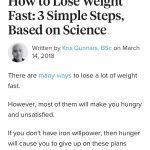

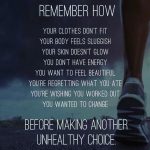
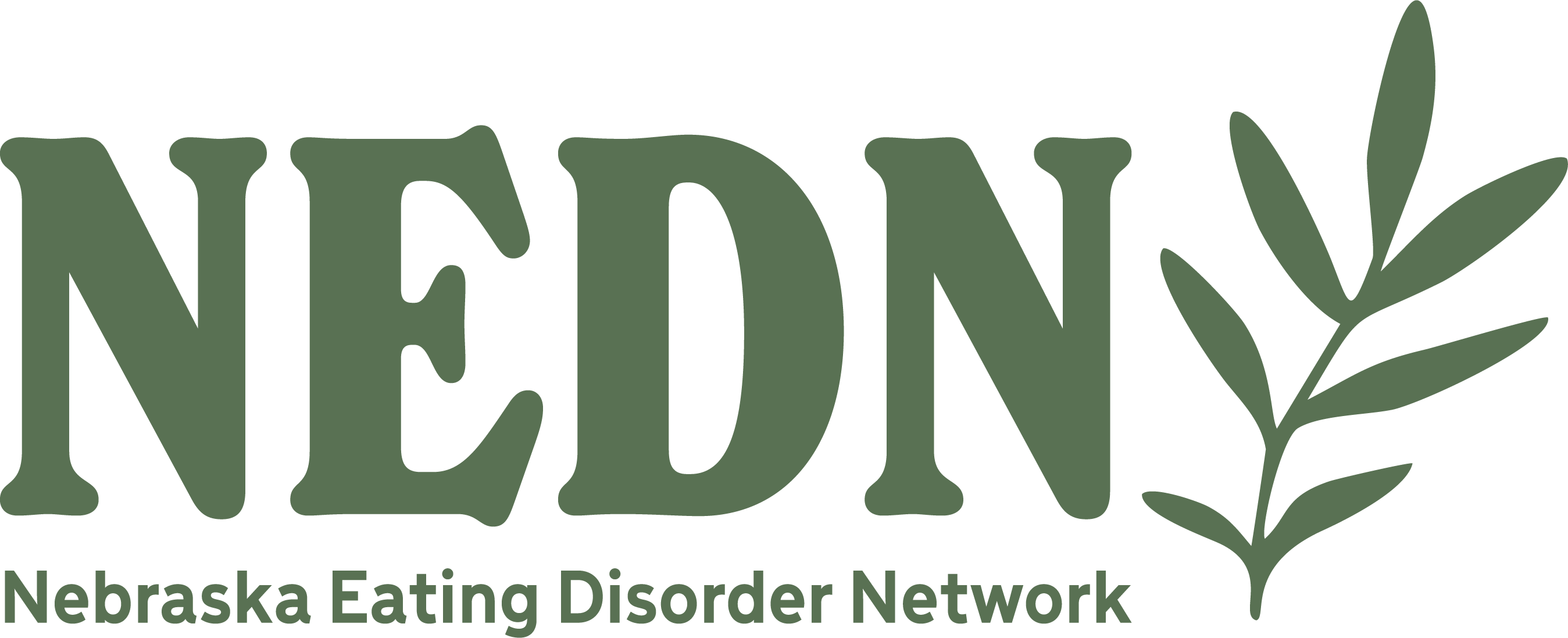
Recent Comments